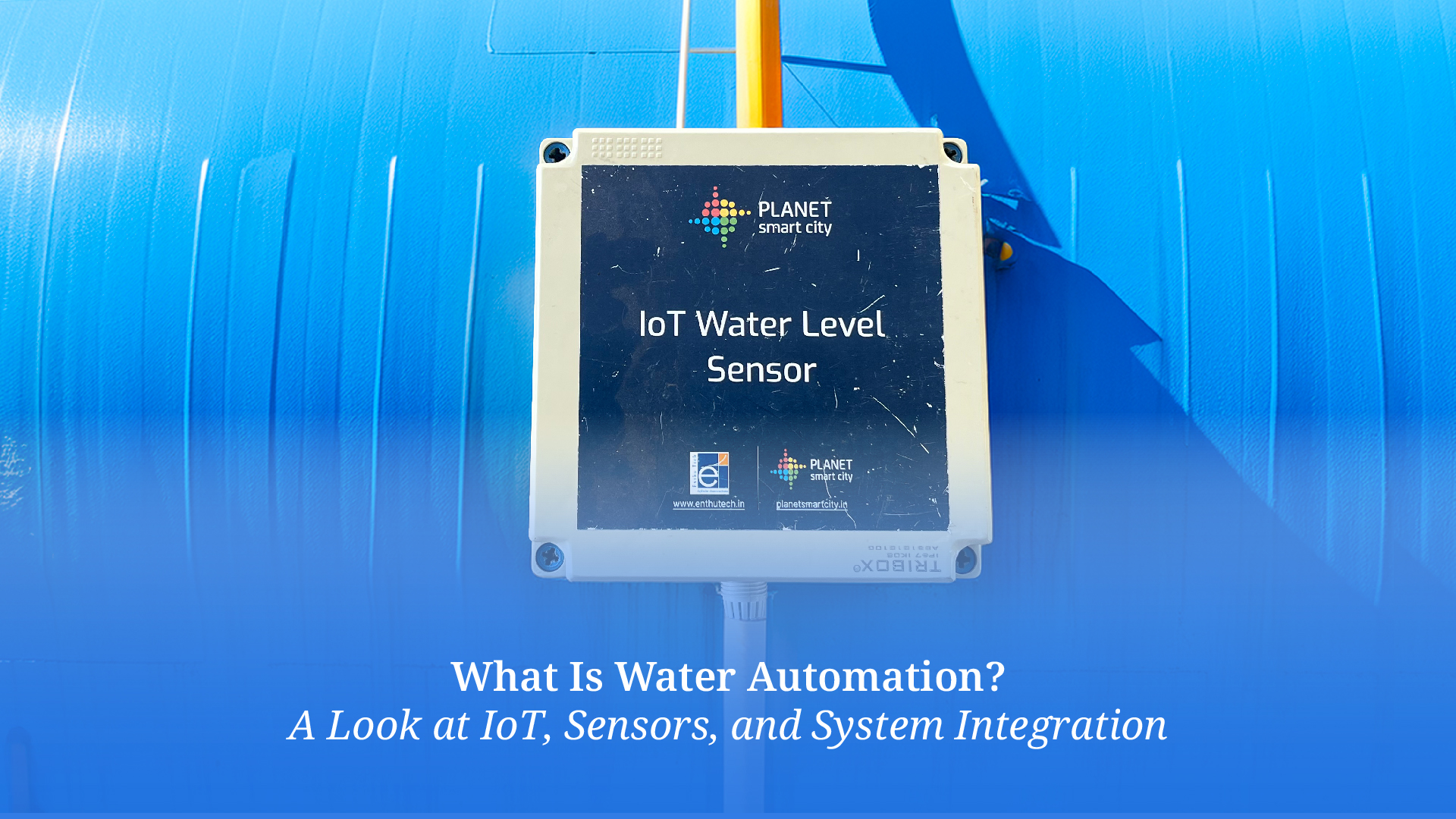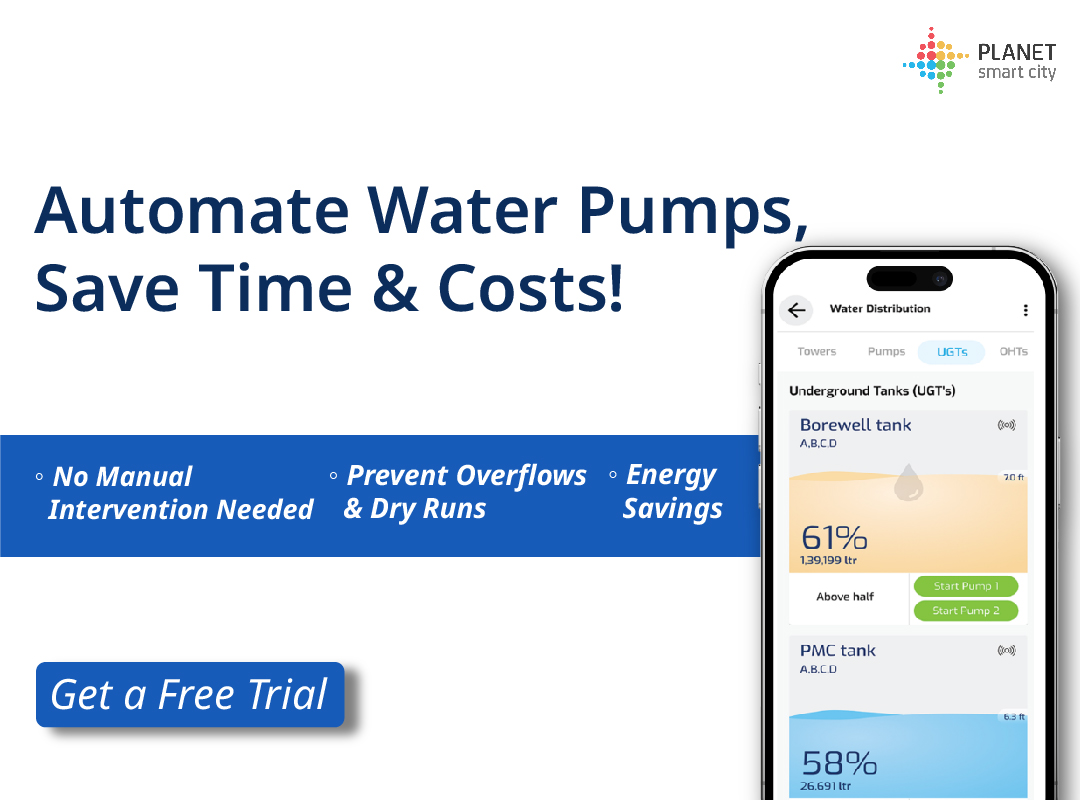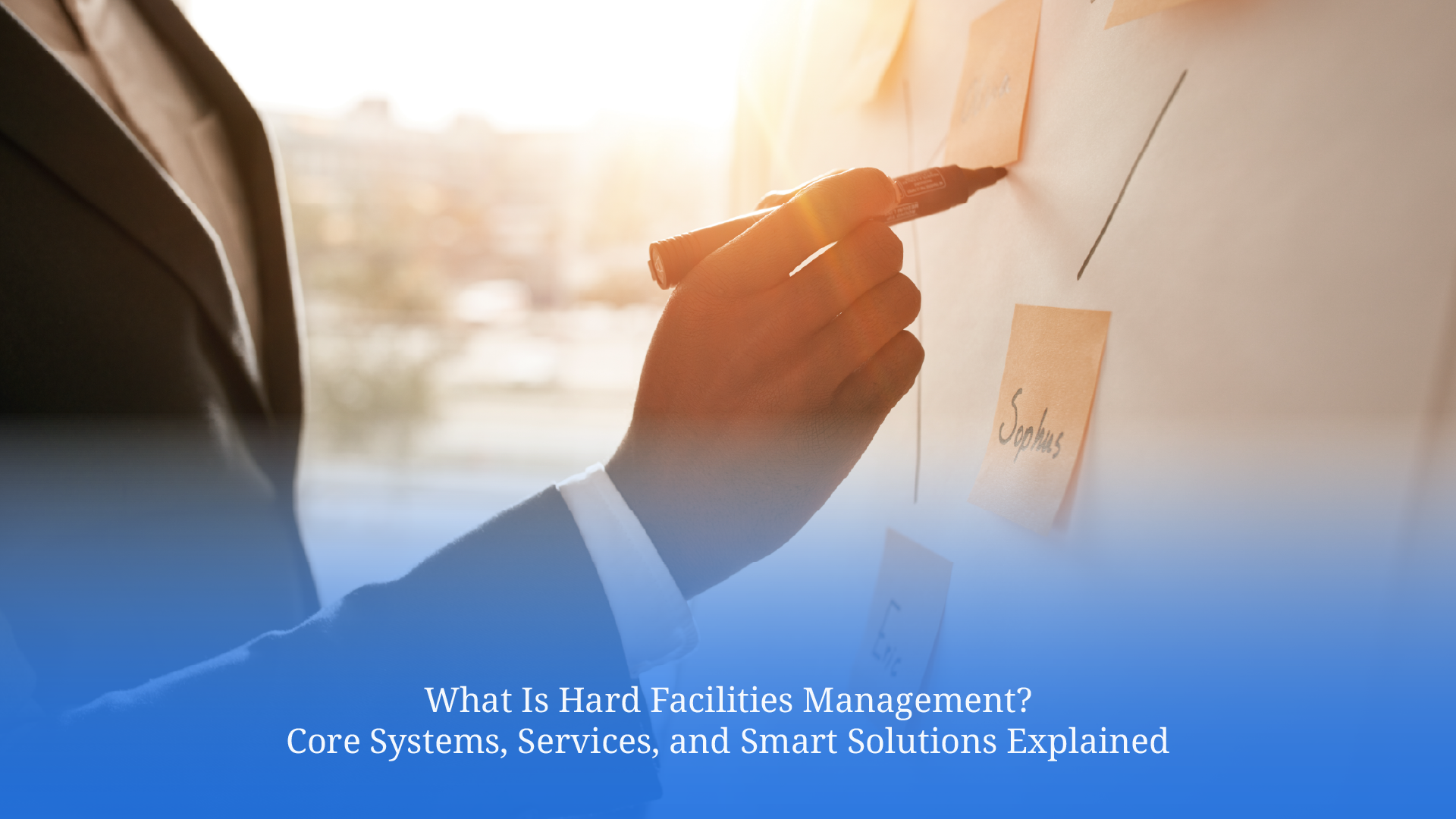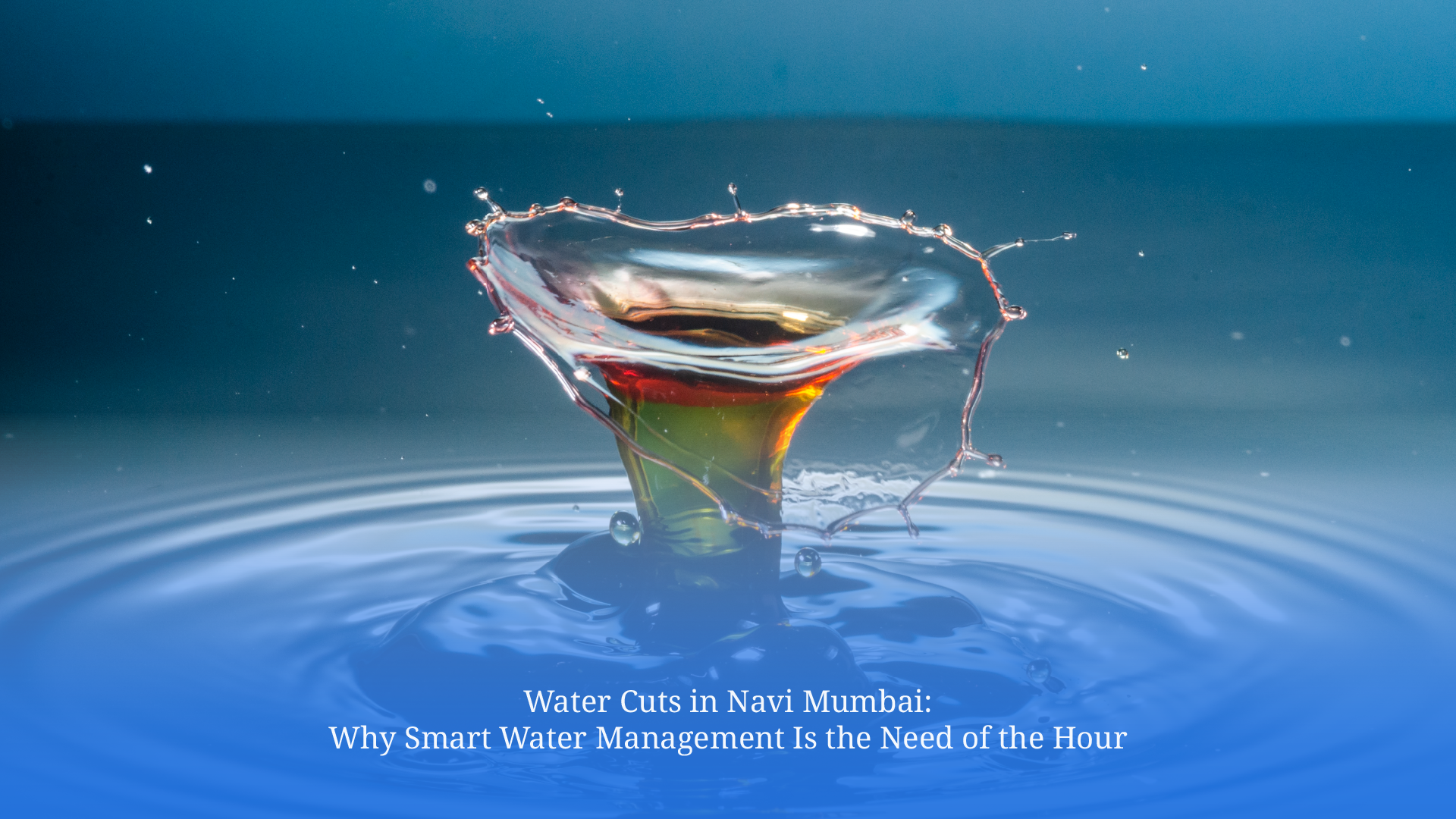What Is Water Automation? A Look at IoT, Sensors, and System Integration

In an era where resource management is critical, water automation is becoming an essential tool for ensuring efficient water usage. Water automation refers to the integration of advanced technologies, such as IoT devices, sensors, and system integration, to monitor and control water systems automatically. This allows for more precise management of water resources, reducing waste, and improving operational efficiency.
As urban areas grow, the need for smart water management becomes increasingly important. Cities are facing the challenge of increasing demand for water, environmental pressures, and the need for sustainable solutions. Water automation offers a solution by enhancing conservation, improving management, and helping cities meet the rising demand for clean water.
The Benefits of Water Automation
Water automation presents multiple advantages, from better conservation to cost savings. Let’s discover them below.
-
Improved Water Conservation
Effective use of water is important in the current world. Thus, water automation contributes immensely to reducing waste. By using smart devices to monitor water flow, users can ensure that resources are used efficiently. Whether it’s a city optimising its water distribution or an agricultural system adjusting irrigation levels, automation reduces unnecessary consumption and conserves valuable water resources.
-
Cost Savings
Water automation systems help identify inefficiencies and detect issues like leaks early. For property owners, municipalities, and industries, the ability to quickly address these inefficiencies translates into significant cost savings. Automation ensures that water is used effectively, reducing waste and lowering operational costs.
Planet Smart City implements smart water management systems to optimise water usage, reduce wastage, and lower costs for our residents and clients. Through our Planet SIM platform, you can track water consumption in real time, ensuring that every drop counts. This smart integration allows for more efficient management and greater control over water resources.
-
Enhanced Water Quality and Safety
Maintaining clean, safe water is crucial. Water automation helps monitor and control water treatment and distribution processes, ensuring that the water meets quality standards. By automating these systems, we can guarantee that residents and businesses always have access to safe, reliable water while minimising the risks of contamination.
-
Real-Time Monitoring and Reporting
With water automation, monitoring water systems becomes easier than ever. Automated systems can detect issues such as leaks, equipment malfunctions, or potential contamination in real time. Immediate alerts enable quick responses, reducing the potential for damage and ensuring that systems continue to function at their best.


Real-World Applications of Water Automation
Water automation is already making a difference in several industries and sectors, such as:
-
Urban Water Management
Cities globally are implementing water automation systems to be able to handle their water better. Through integrating smart solutions, cities can track water consumption, optimise distribution, and minimise wastage. The technologies are central to enhancing efficiency, saving water, and ensuring that urban environments are sustainable in the future.
-
Agricultural Applications
In agriculture, water automation systems have revolutionised irrigation methods. Precision irrigation ensures that water is delivered to crops only when necessary and in the right amounts. By using IoT sensors to monitor soil moisture levels and weather conditions, farmers can optimise water use. This, in turn, saves both water and money while improving crop yield.
-
Industrial Applications
Water is a crucial resource in many industries. And automation can help optimise its use. In manufacturing or processing plants, water automation systems can regulate water consumption, monitor quality, and reduce waste. These systems help industries minimise their environmental impact while improving their efficiency and lowering costs.
The Future of Water Automation
The future of water automation is directly linked to technological developments. As artificial intelligence (AI) and machine learning continue to develop, these systems will continue to become more advanced. AI can assist in analysing large data sets, forecasting water demand, and determining inefficiencies, resulting in more proactive water management.
In addition, the growth of IoT functionality will further boost water automation. With increasingly sophisticated sensors and connected devices, water systems will be smarter, with real-time changes and forecasts, making management even more effective.
How Planet Smart City Is Paving The Way
At Planet Smart City, we are revolutionising water management through innovative platforms like Planet SIM. By leveraging AIoT sensors and real-time monitoring, Planet SIM helps optimise water usage. It also reduces wastage due to overflow and ensures that water levels are efficiently managed across the community. The system detects low tank levels and triggers automatic refills, minimising resource waste.
With Planet SIM, residents and property managers can monitor consumption patterns, track real-time tank water levels, and generate custom reports for better resource management. This seamless integration of technology not only enhances operational efficiency but also promotes sustainability. That’s how the water resources are utilised wisely for the benefit of the entire community.
Shaping a Sustainable Future Through Water Automation
Water automation is required to build smart, sustainable societies. With IoT devices, sensors, and superior system integration, we can ensure improved water savings, cost effectiveness, and cleaner water. Into the future, AI and broadened IoT functions will increasingly boost water management systems, making them smarter, more efficient, and predictive.
Planet Smart City prides itself on being at the forefront of applying these solutions to make water management efficient and sustainable. We aim to build smarter cities where resources are optimised for the welfare of all. Join us in building smarter, more sustainable communities today—where every drop matters!




